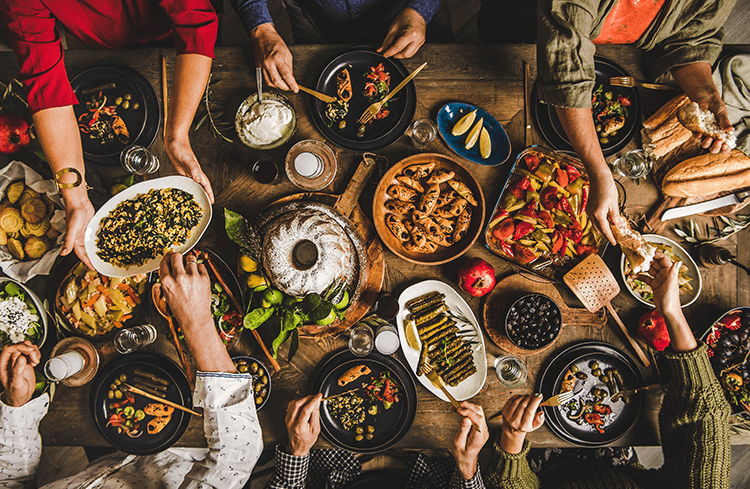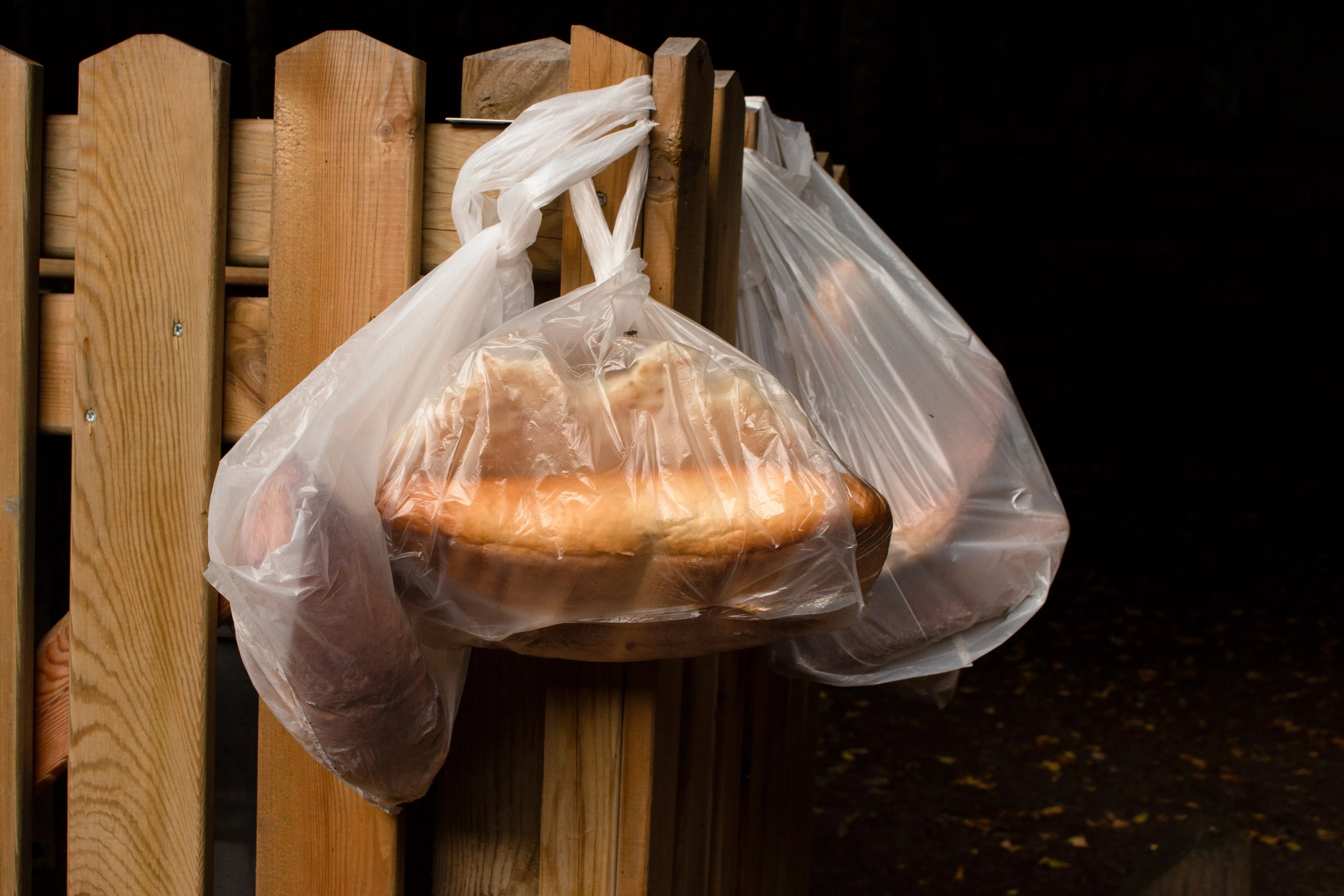Explore the sacred rhythms of Turkish People
The heartbeat of Turkey resonates with the echoes of Islamic traditions, where prayer is a sacred ritual performed through prostration on the humble floor. Cleanliness, a virtue held dear, sets the stage for every mosque and Turkish household. Upon entering, shoes are left at the doorstep, replaced by the comfort of house slippers thoughtfully provided by the host.
In the Turkish landscape, the pursuit of cleanliness extends beyond individual abodes; it paints the cities, towns, and streets with an impeccable aura. Neatness is an unwavering standard, and even the green spaces are meticulously landscaped. A peculiar stillness reigns between 12 and 1 pm, a time when the streets may seem deserted. Far from a ghost town, this is the sacred hour of lunch, where life momentarily pauses in Turkey.
Shared meals are an intrinsic part of Turkish tradition, a sacred time when families gather around the table to break bread and share stories of their day. The Mediterranean influence graces the spread with a variety of foods—olive oil, fruits, vegetables, fish, and meats, all artfully presented. From the iconic sarma and flavorful pilaf to the sizzling kebabs and comforting pita, these dishes form the backbone of Turkish home cuisine. The culinary journey doesn’t end without indulging in desserts, where cereals and nuts come together to create sweet masterpieces.
Interestingly, many Turkish culinary delights have found a second home in our regions, making the custom of savoring Turkish coffee and tea a familiar and cherished practice. In Turkey, the interplay of spirituality, cleanliness, and shared meals creates a cultural symphony that beckons visitors into a world where tradition and hospitality intertwine seamlessly.



